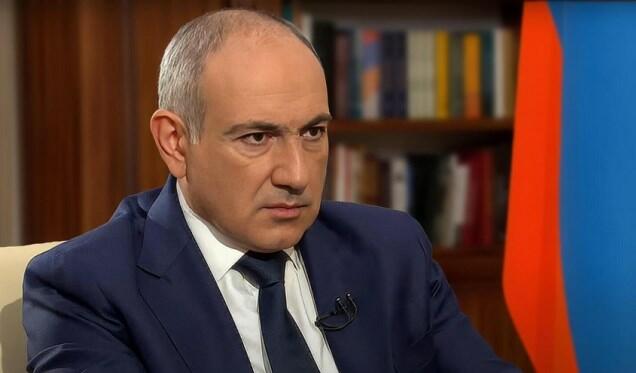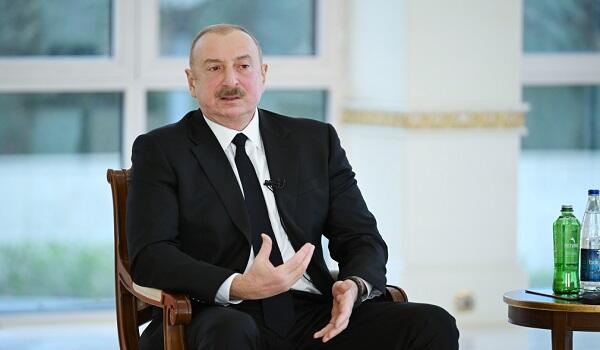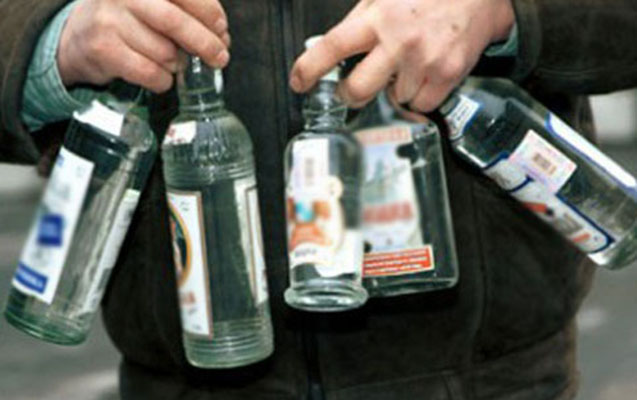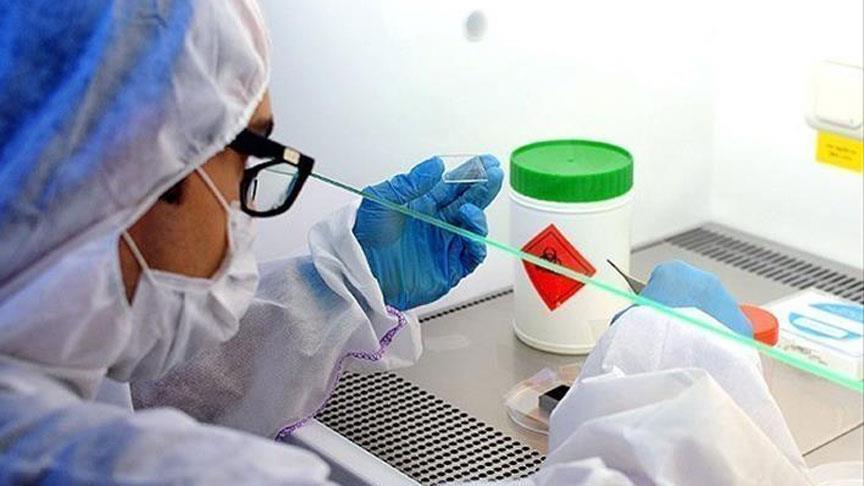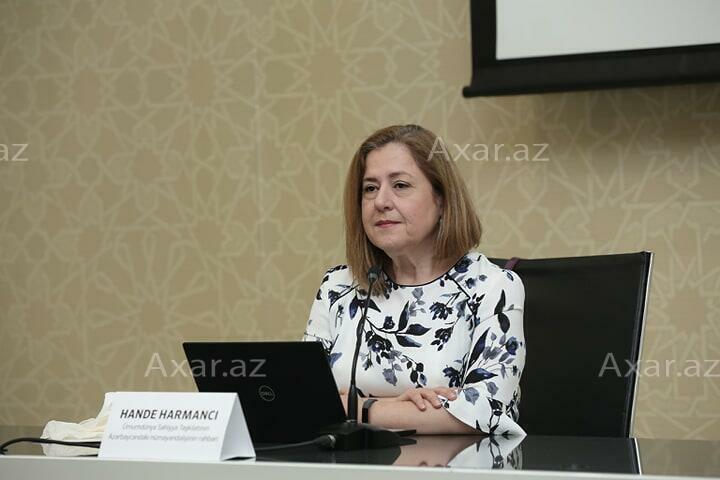Researchers at the University of Zurich are developing an innovative hydrogel technology that could accelerate the healing of chronic wounds.
Axar.az reports that chronic wounds, especially skin lesions associated with diabetes and circulatory disorders, are a serious health problem for millions of people worldwide, and they also cost healthcare systems billions of dollars annually. The selective sponge-like hydrogel-based “smart” wound dressings, developed under the leadership of doctoral student Börte Amiroğlu, reduce inflammatory signals in tissues and at the same time actively promote healing processes.
This technology aims to direct a biological process rather than just passively covering the wound.
The research is being conducted in the Macromolecular Engineering Laboratory, where Amiroğlu, together with his colleague Apurv Singh, has taken the first steps towards commercializing the technology by founding a startup called “Immunosponge.” The basis of the new wound dressing technology is microgel particles. These particles combine to have a soft, sponge-like structure and selectively “absorb” only inflammatory molecules. Thus, the dressing ensures that healing signals remain while removing harmful molecules.
“We want to remove the wound from the inflammatory state and send a message to the tissues that it is time to heal,” Amiroglu said.
According to him, the technology is inspired by the principles of metabolism and intercellular communication in nature. Currently, researchers are testing the technology on chronic skin wounds, but it also has potential applications in the future for healing other types of tissues, such as cartilage, bone, and tendons. This could be especially important for promoting effective regeneration in tissues with poor blood circulation.
Unlike traditional wound dressings, Immunosponge’s technology targets the underlying molecular causes of the wound and is designed for early intervention.
According to Amiroglu, the success of the project depends not only on a scientifically sound approach but also on a deep understanding of clinical requirements and market needs.
The next phase of the startup will focus on clinical trials and exploring broader application areas of the technology. It is expected that Immunosponge will have a market-ready product within five to ten years.
